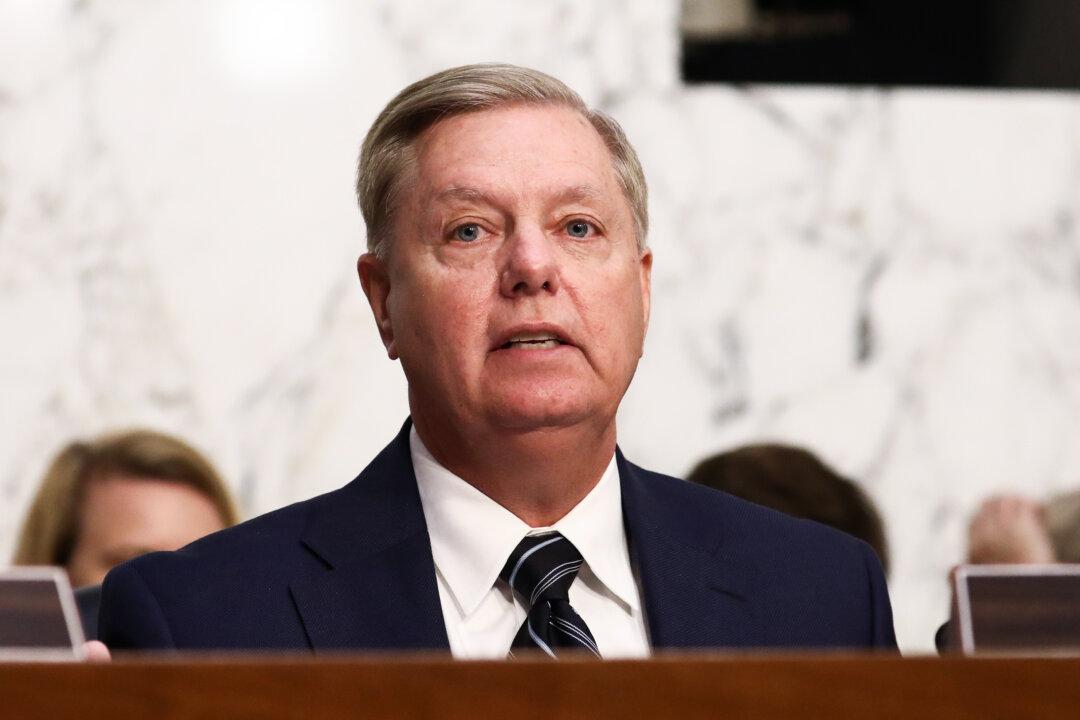Senators from both sides of the aisle grappled with the question on how to address the practice of a single federal judge ruling beyond the scope of a particular case, in some orders known as nationwide injunctions, during a committee hearing on Tuesday.
Nationwide injunctions are a fairly new concept that initially emerged in the 1960s. Scholars have not found an example of judges issuing nationwide injunctions in the first 175 years of the Republic, according to former Attorney General Jeff Sessions. The use of nationwide injunctions to block federal policies have become increasingly frequent after President Donald Trump took office in 2017. In the three years of his office, the administration has seen 55 nationwide injunctions issued against them.




